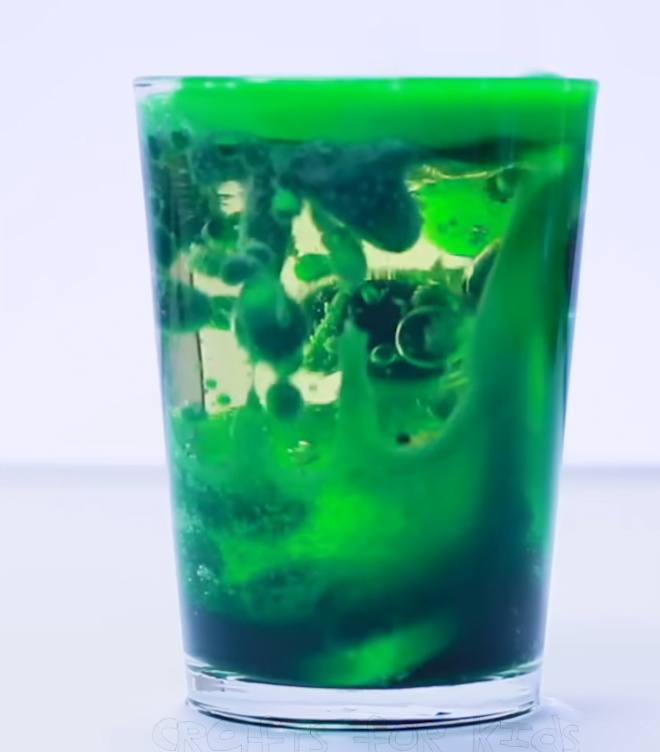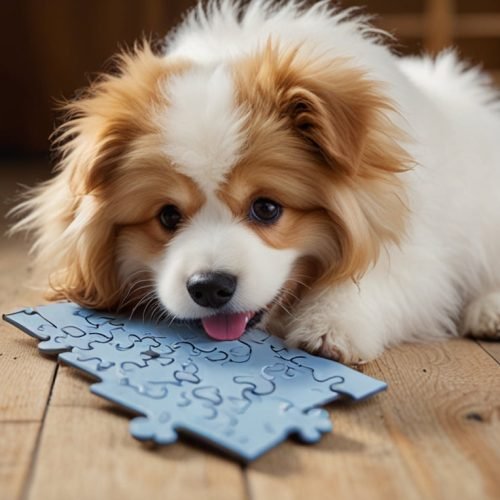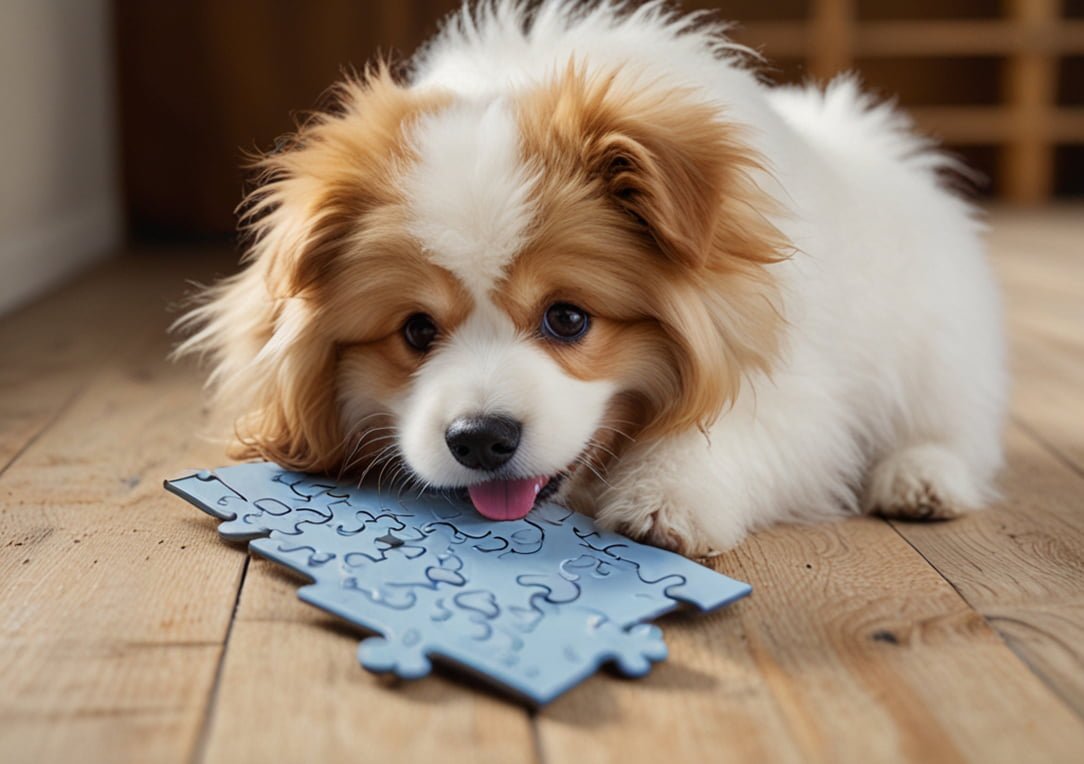Science experiment kits for kids spark curiosity and encourage learning. They offer hands-on science exploration at home.
Engaging children in the wonders of science, these kits serve as both educational tools and fun toys, seamlessly blending learning with play. Typically, these kits contain a variety of experiments that align with educational standards, making them suitable for various age groups.
Kids can dive into a range of scientific fields, from chemistry to robotics, fostering critical thinking and problem-solving skills along the way. With clear instructions and safe, child-friendly materials, these kits ensure a safe and enjoyable way for children to satisfy their scientific appetite while providing parents and educators with the resources to guide their little scientists’ discoveries. Encouraging STEM education through interactive experiments, science kits for kids are an excellent way to inspire future innovators.
The Excitement Of Hands-on Learning
Bridging The Gap Between Theory And Practice
Science classes often start in the abstract, with formulas and theories that might seem disconnected from the real world. An experiment kit turns these ideas into reality. Here’s how it transforms learning:- Demonstrates theories: Visual and hands-on experiments make abstract concepts tangible.
- Encourages problem-solving: Kids learn to think like scientists, testing hypotheses and adjusting their methods.
- Builds confidence: Completing experiments gives a sense of accomplishment and boosts self-esteem.
Fueling Curiosity With Tangible Experiments
These kits aren’t just about duplicating prescribed experiments; they’re about igniting a lifelong love for science. Curiosity drives innovation and discovery, and with these tools at their fingertips, kids can explore:| What they learn | How it excites |
|---|---|
| Chemical Reactions | Watching substances interact in surprising ways |
| Physics Principles | Observing motion and energy transfer firsthand |
| Earth Science | Exploring elements of our planet through simulations |
| Biology | Discovering the building blocks of life |
Why Science Kits Matter
Building Foundations For Future Stem Careers
STEM careers are the future. Science kits lay a strong foundation by sparking curiosity in the fascinating world of science, technology, engineering, and mathematics. They inspire critical thinking and encourage kids to dream of becoming the next successful scientist, engineer, or developer.- Engage with real scientific tools
- Explore the basics of various STEM fields
- Envision a career in a STEM-related field
Cultivating Problem-solving Skills
Problem-solving is a vital skill in every walk of life. Science kits teach kids to approach problems with a strategy and persistence. They learn to experiment, observe, and adapt their thinking. These lessons are essential for overcoming obstacles in the future.| Step in Problem-Solving | Skills Gained |
|---|---|
| Identifying the problem | Critical Observation |
| Developing a hypothesis | Creative Thinking |
| Testing the solution | Logical Reasoning |
| Analyzing the results | Informed Decision-Making |
Key Components Of A Great Science Kit
Variety Of Experiments
Imagine a treasure box, but for science! A top-notch kit brims with experiments. These adventures teach about chemistry, physics, and biology. Each kit should offer:- Diverse activities to try new things every day
- Clear instructions so kids can learn with ease
- Enough supplies to do each experiment more than once
Quality Of Materials
Good science kits have sturdy equipment that won’t break easily. This means:| Material | Role in Experiments | Why It Matters |
|---|---|---|
| Glass Test Tubes | Mixing chemicals | They last longer and are easy to clean |
| Plastic Pipettes | Measuring liquids | Pipettes should be flexible and accurate |
| Metal Clips | Holding things together | Metal is durable and reliable |
Safety Considerations
Safety comes first, especially with little scientists. Look for kits that include:- Non-toxic materials to keep kids safe during experiments
- Goggles that fit kids’ faces
- Gloves that are the right size for small hands
- Simple safety rules to follow while conducting experiments
Age Appropriateness
Tailoring Kits To Different Developmental Stages
Not all kids develop the same interests or skills at the same age. That’s why it’s fundamental to choose a kit that meets them right where they are.- Ages 3-5: They love colorful and tactile experiences. Simple kits with big pieces work best.
- Ages 6-8: Ready for more challenge. Kits with basic experiments that don’t need constant supervision are ideal.
- Ages 9-12: They can handle intricate tasks. Look for kits that offer a variety of experiments and deeper scientific concepts.
Engagement Versus Complexity
It’s a tightrope walk between making a science kit fun and keeping it educational. Each child is unique, so what works for one may not work for another. Here’s a guideline to find the balance:| Age Group | Engagement Factor | Complexity Level |
|---|---|---|
| Preschoolers (3-5) | High with vivid colors and shapes | Low, focus on play and basic concepts |
| Early School (6-8) | Moderate with more detailed tasks | Medium, introducing problem-solving |
| Tweens (9-12) | Lower but strive for intellectual stimulation | High, heftier concepts and self-led exploration |
Popular Science Kits On The Market
Best Picks For Different Age Groups
Different age groups require different challenges. Our selection reflects this need, offering age-appropriate kits designed to spark interest and challenge young minds. Each kit promises an age-tailored science adventure.- Toddlers: Kits featuring large, easy-to-handle parts and vibrant, sensory experiences.
- Elementary: Experiments that illustrate basic scientific principles and foster critical thinking.
- Teens: Advanced sets delve into more complex topics, such as genetics and electronics.
Highlights Of Each Kit
Each recommended kit excels with unique features. They enable hands-on learning and bring textbook theories to life. Here are highlights from top contenders.| Kit Name | Age Group | Key Experiments | Learning Outcome |
|---|---|---|---|
| My First Lab Duo-Scope | 7-10 | Microscope slides | Introduction to biology and microscopy |
| Thames & Kosmos Physics Workshop | 8-12 | Building simple machines | Understanding mechanical physics |
| Snap Circuits Electronics Exploration Kit | 8+ | Creating electronic circuits | Basics of electronics and circuitry |
| Crystal Growing Kit by National Geographic | 10+ | Growing different types of crystals | Chemistry and crystallography |
Integrating Scientific Principles
From Chemistry To Robotics
Science kits bridge the gap between theory and reality. Kids get to dive into chemistry sets, spawning reactions that fizz and change color before their eyes. Mini-labs encourage them to mix, pour, and measure, embodying the role of young chemists. Through these explorations, children understand the basic building blocks of matter. Emphasizing the joy of discovery, these kits lay a solid foundation for future scientific learning. On the horizon, robotics kits bring a different flavor to the scientific table. They combine electronics, coding, and engineering. With each piece they assemble, children unveil the mechanics behind robotic movements. They connect circuits and program actions, stepping into the shoes of an innovator. Such hands-on projects make concepts like electricity and computer science second nature to the young minds of tomorrow.Learning Key Theories Through Play
To truly grasp the fundamentals, kids must learn through play. Science experiment kits are superb tools for this mission. They turn learning into a fun activity. Here are some key theories children can master with these kits:- Gravity – Through building models and watching them interact with earth’s pull.
- Photosynthesis – By nurturing plants and observing green growth.
- Magnetism – With magnet sets that teach about attraction and repulsion.
Incorporating Science Kits Into Education
Improving Classroom Engagement
Interactive science kits capture children’s attention in classrooms. Teachers find these tools invaluable for illustrating scientific principles. Here are a few ways these kits enhance the learning experience:- Visual learning: Kids understand better with visual aids.
- Teamwork skills: Group experiments foster collaboration.
- Curiosity: Real-world experiments ignite questioning minds.
Home Education And After-school Programs
Science kits are not just for schools. Home educators use them to enrich their curriculums. These kits also support after-school programs, offering structured, engaging learning activities. Benefits include:| Environment | Advantages |
|---|---|
| Home | Flexible, personalized learning pace |
| After-School | Peer interaction, guided exploration |
Maximizing The Benefit Of Experiment Kits

Encouraging Parental Involvement
Parental involvement makes science kits more impactful. Joining your child in experiments fosters curiosity and excitement. Work on projects together and discuss the outcomes. Your engagement can spark deeper interest in science.- Ask questions to guide your child’s thinking.
- Provide resources like books or educational videos that align with the experiment’s topic.
- Share excitement and celebrate discoveries, no matter how small.
Extending Learning Beyond The Kit
Experiment kits are just the beginning. Extend the adventure with activities that reinforce the concepts learned. Simple, everyday materials can become tools for new experiments.- Challenge your child to predict results before starting.
- Create a science journal to track hypotheses, methods, and conclusions.
- Encourage original experiments using the kit’s tools in different ways.
| Activity | Skills Practiced | Materials Needed |
|---|---|---|
| Build a Volcano | Chemical Reactions | Vinegar, Baking Soda |
| Grow Crystals | Solubility, Evaporation | Salt, Water, Jar |
Challenges And Considerations
Navigating Kits With Incomplete Instructions
Sometimes, science kits arrive with instructions that are less than clear. This can lead to frustration and confusion. A few ways to tackle this issue include:- Seek online resources: Websites often have extra tips or clarified steps.
- Ask for help: Parents or teachers can provide guidance and support.
- Lead by example: Demonstrate patience and problem-solving to kids.
Overcoming Barriers To Accessibility
Science kits should be available and enjoyable for all kids. To ensure no one is left behind due to accessibility:- Choose kits with large, easy-to-handle components for young scientists with limited fine motor skills.
- Look for kits with audio or visual adaptations for children with sensory impairments.
- Seek out experiments that use common household items to make science accessible to everyone, regardless of budget.
The Future Of Science Experiment Kits
Innovations In Kit Design
Today’s kits break away from the old ‘one-size-fits-all’ mold. Diversity rules the scene. From ecology to robotics, choices are endless. Here’s what’s trending:- Eco-friendly materials: Kits now use sustainable materials. We care for our planet as we learn.
- Modular systems: Parts that click together in many ways. Creativity meets versatility.
- Customizability: Add or change parts. Tailor each kit to your curiosity.
| Kit Type | Key Feature |
|---|---|
| Physics | Real-life simulations |
| Chemistry | Safe, non-toxic experiments |
| Biology | Interactive 3D models |
The Role Of Digital Integration
Digital tools are now part of the package. They make the hard stuff a breeze. Here’s a peek at the digital future:- Augmented Reality (AR): Unleash science from the screen. Bring experiments into your room.
- Interactive Apps: Guide your journey. Show the results of your science adventures.
- Online Communities: Share your discoveries. Learn from friends across the globe.
Frequently Asked Questions On Science Experiment Kits For Kids
What Are Science Experiment Kits?
Science experiment kits are educational packages that provide children with the tools and instructions to conduct scientific experiments. They are designed to spark curiosity and teach fundamental scientific concepts in a fun, hands-on way.
How Do Science Kits Benefit Kids’ Learning?
Science kits promote active learning by allowing children to perform experiments, enhancing their understanding of scientific principles. They foster critical thinking, problem-solving skills, and the scientific method, all in an engaging, playful context.
Are Kids’ Science Kits Safe To Use?
Kids’ science kits are generally safe, coming with non-toxic, child-friendly materials and clear safety instructions. However, adult supervision is recommended, especially for younger children, to ensure they follow proper safety procedures.
Can Science Kits Align With School Curricula?
Many science experiment kits are designed to complement school curricula, covering topics from physics to biology. They often align with STEM education standards, reinforcing what kids learn in school through practical application.
Conclusion
Encouraging a child’s scientific curiosity is invaluable, and experiment kits are the perfect tool. They blend education with excitement in a hands-on way. These kits inspire future innovators and provide endless learning opportunities. Keep nurturing those young minds; the benefits are boundless.
Ready to dive into the world of science with your kids? stay with Gift Guides Tips.







